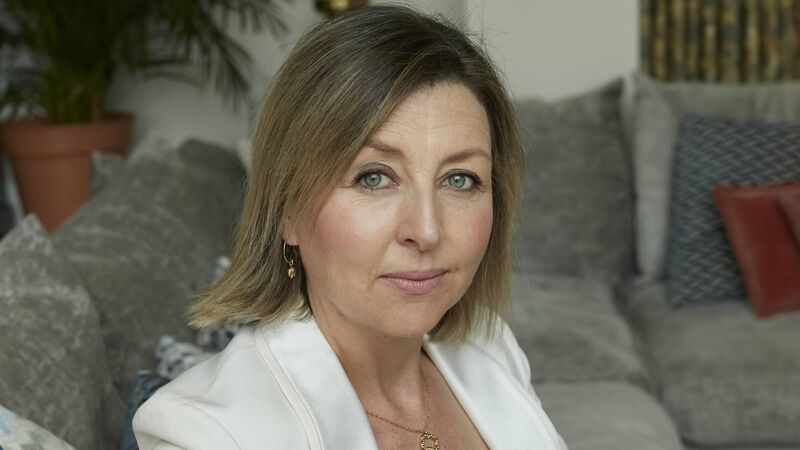Edel Coffey: On connection and community - human essentials we need more now than ever

Picture: Bríd O'Donovan
A few weeks ago I read an article by Vivek Murthy, the American surgeon general, about what he called the American epidemic of loneliness and isolation.
Murthy has become so concerned by the issue that he felt prompted to issue an advisory and national framework to tackle the problem.









